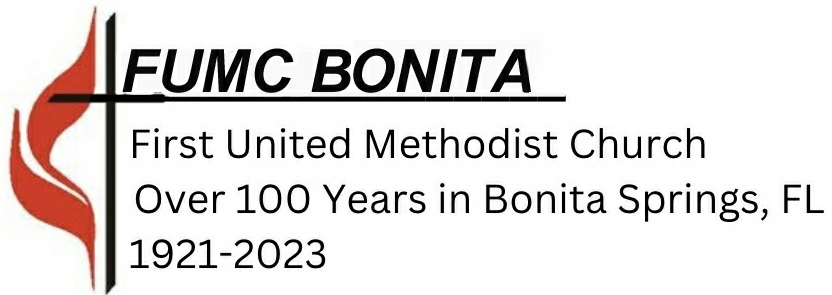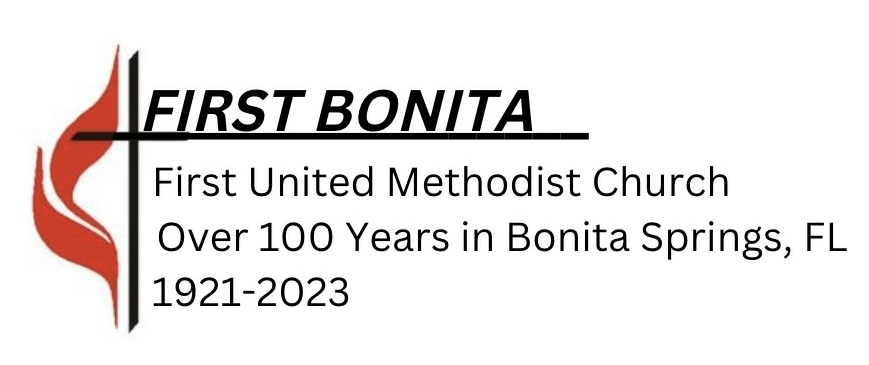As much as I’ve enjoyed our Wesleyan Rooted series and the interactions it has produced, I admit I’ve been a little anxious about this week. Sermons on service make me nervous. Not because I don’t agree – serving God is a natural and necessary progression of our faith, of God’s grace acting in our lives and through our lives – but because the ways we live out our faith, the ways we serve God and one another, have a history of getting complicated.
I suppose that’s not surprising. Placing ourselves into a moment or a place, into the lives of another with the humility and vulnerability to serve them… that’s hard. And the scripture passages – certainly Matthew 25 among them – can sound so much to our modern ears as if our actions, if those we served or did not serve, are balanced against a predetermined target.
We’ll wrestle more with this on Sunday, but one aspect I was particularly grateful to consider with another of John Wesley’s sermons comes from “On Visiting the Sick”. In it he digs deep into one-third of a single verse from our larger passage, Matthew 25:36: I was sick and you took care of me.
In it, Wesley remarks of one way we might talk ourselves out of such service. He suggests the kind-hearted objection of sending a doctor instead, because if someone is sick, then a doctor can help them more than I can, right? Well, Wesley says, that’s not precisely, or at least not only the point. Because while doctors may offer them physical care, their visit “would not fulfil your duty. Neither would it do the same good to you.”
I so love this reminder… First, our duty for service is not based on simple, quantitative results. Is the reason we visit the sick only so they can get better? A doctor can help with that, yes, but is that all they need? We might argue those in prison would be better served by an attorney or some other professional, but what about the unique gifts you bring because you are you?
And the second reminder is just as powerful: sending someone else would rob you of the goodness you would receive. We lose this reality in an over-simplified, works-based-righteousness approach to faith and service, to the idea that we serve to make the lives of others better and to earn God’s favor. And sure, both are true, but the promise is not heaven instead of hell based on whether you gave something to drink to someone thirsty greater than or equal to 50 times. It’s seeing Christ in those we might otherwise see as lesser, or choose to not see at all, and finding the joy of God’s kingdom in them as we seek to serve.
-Ben


